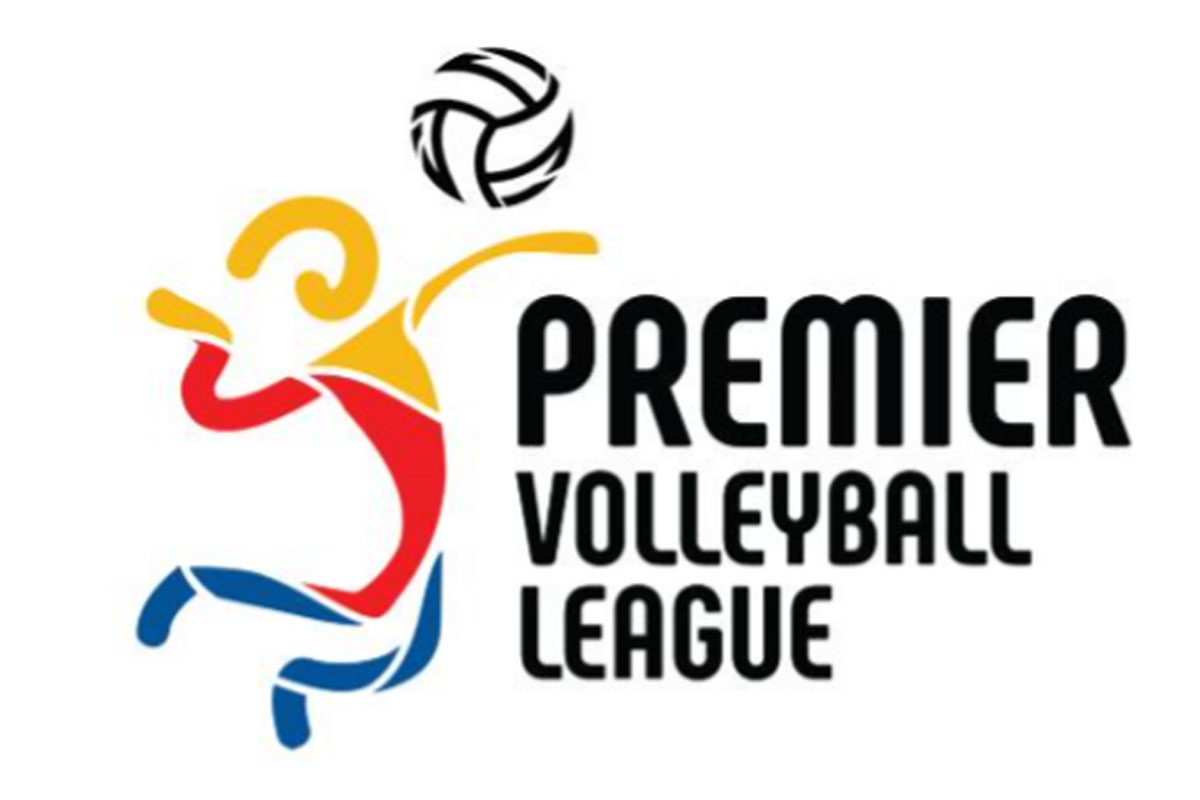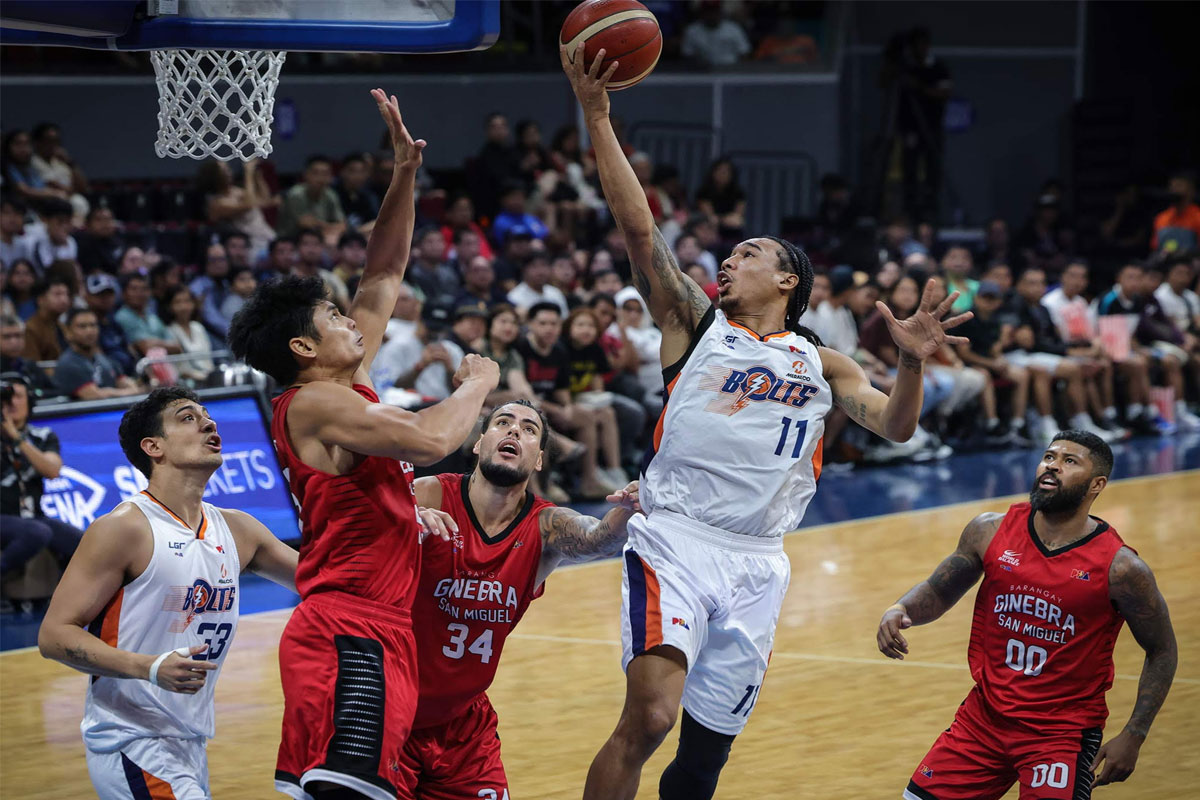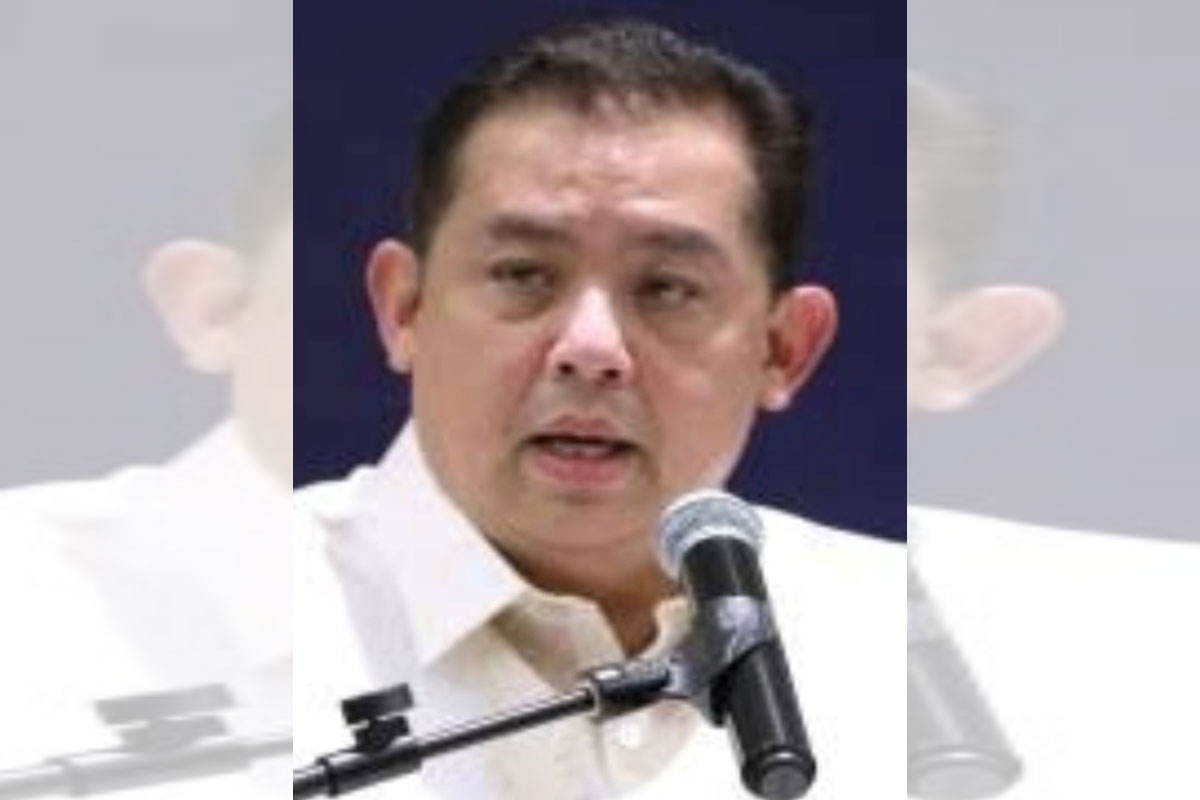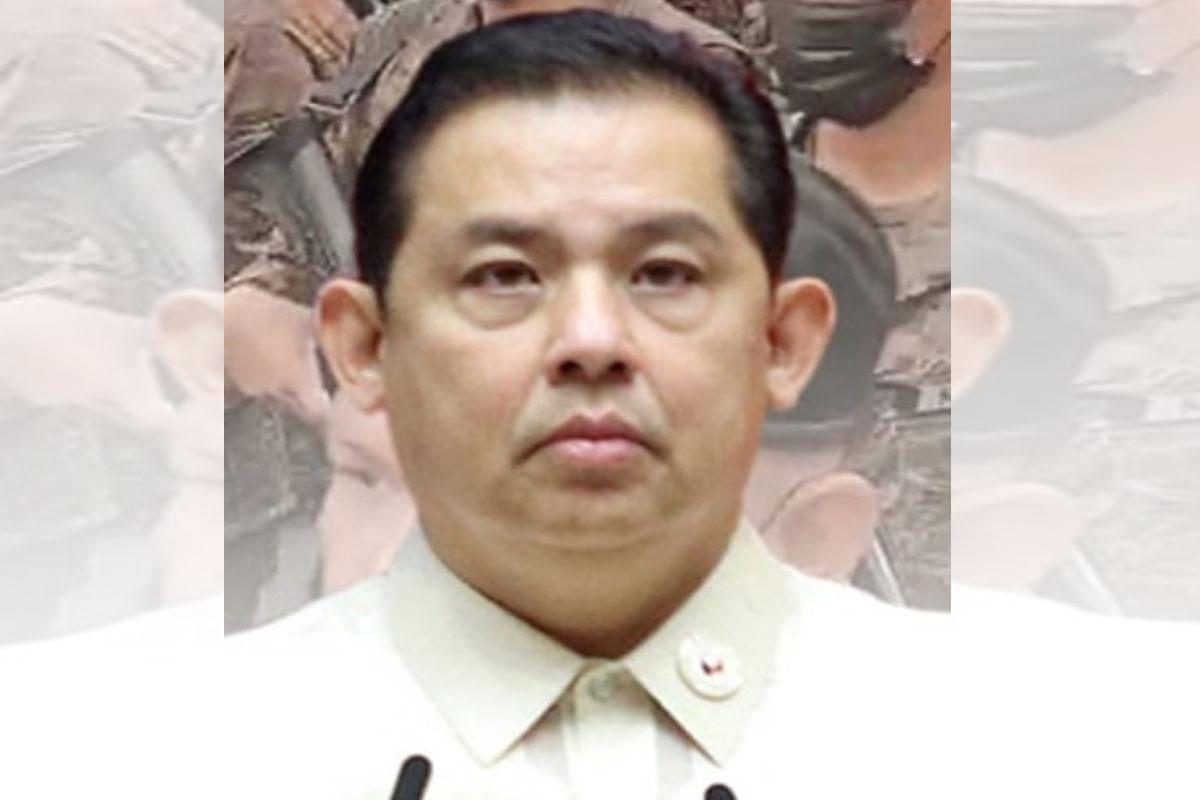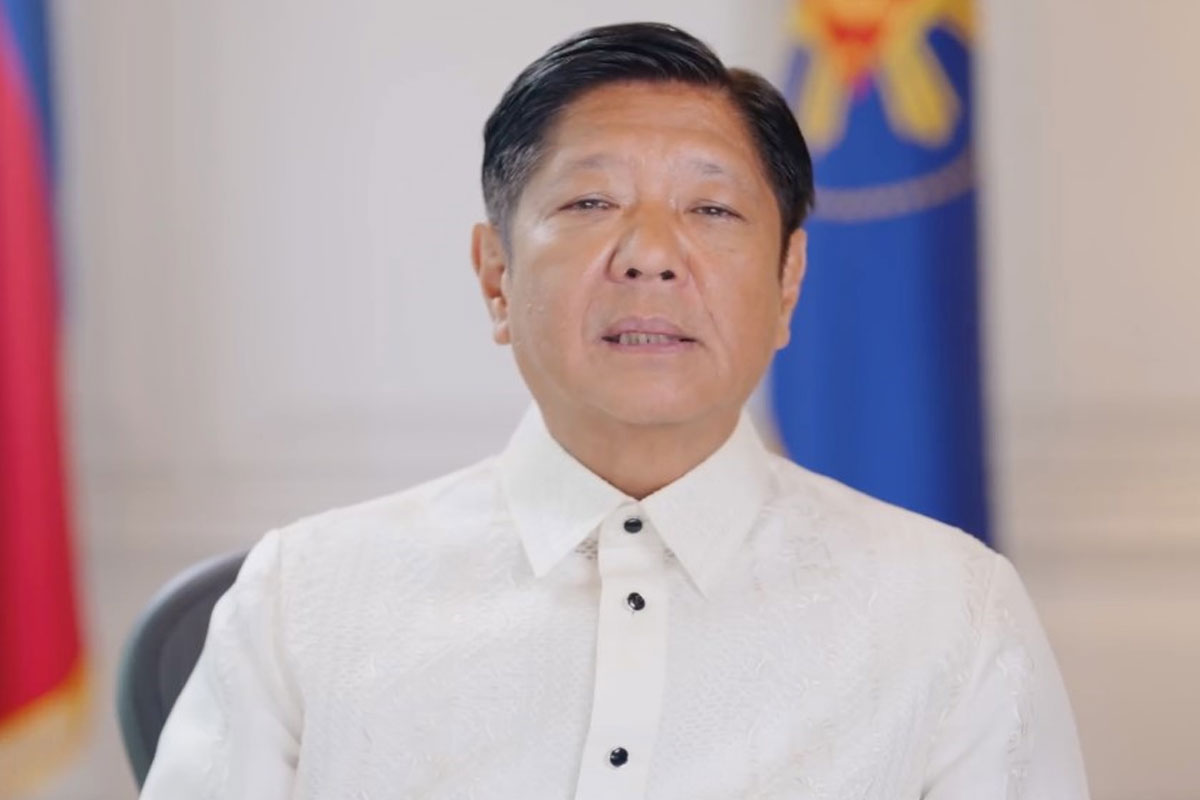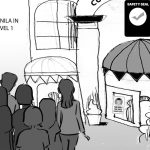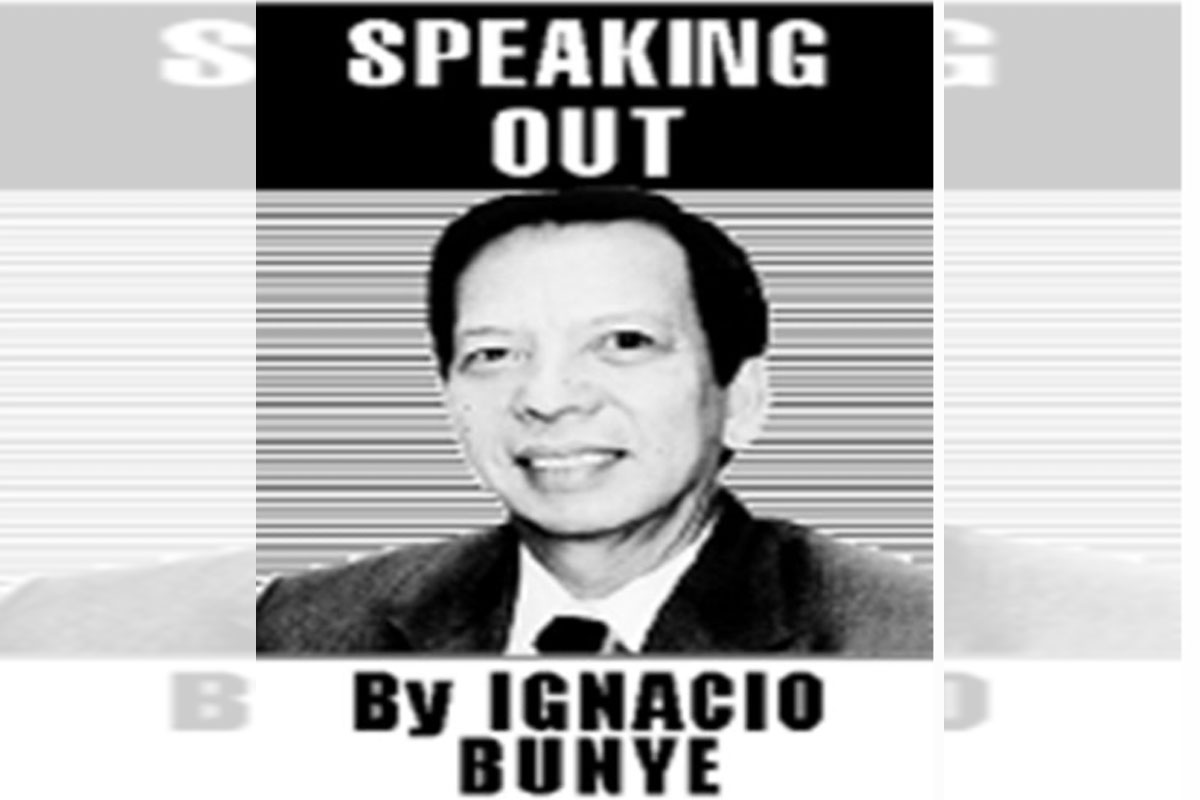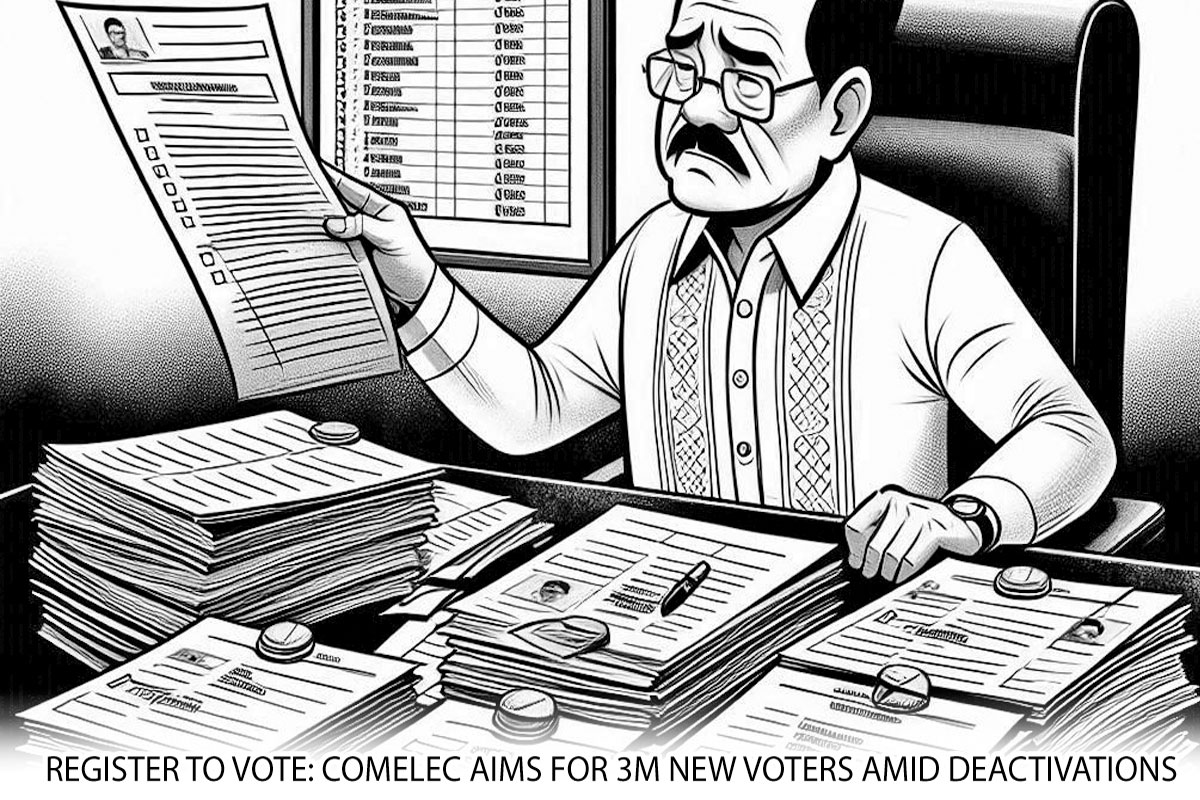
PNP gears up for Alert Level 1 status in MM, other areas
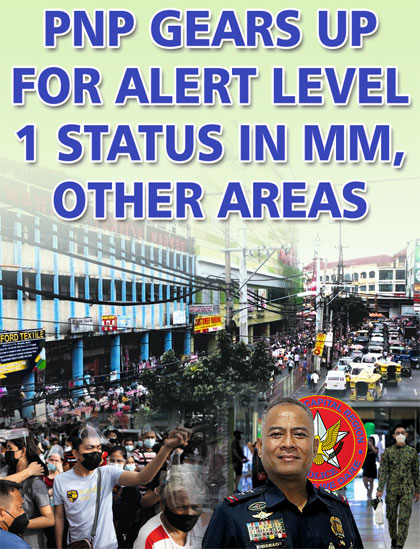 PHILIPPINE National Police (PNP) chief, General Dionardo B. Carlos yesterday said they are all geared up to enforce ‘new normal’ directives from the Inter-Agency Task Force (IATF) amid the government decision to place Metro Manila and 38 other areas under Alert Level 1, the least restrictive in the five-tier COVID quarantine system starting Tuesday, March 1.
PHILIPPINE National Police (PNP) chief, General Dionardo B. Carlos yesterday said they are all geared up to enforce ‘new normal’ directives from the Inter-Agency Task Force (IATF) amid the government decision to place Metro Manila and 38 other areas under Alert Level 1, the least restrictive in the five-tier COVID quarantine system starting Tuesday, March 1.
The top cop said the National Capital Region Police Office (NCRPO) headed by Major Gen. Vicente D. Danao Jr. is all ready to adjust to the new guidelines which places the metropolis under Alert Level 1 amid its high vaccination rate.
The COVID-19 Task Force also placed under Alert Level 1 several provinces and cities in the Cordillera Administrative Region as well as Regions 1,2,3,4-A,4-B, 5,6,7,8, 9 and 11 from March 1 to 15.
Thus, the regional and provincial offices have to adjust their COVID-19 measures in the following areas: Abra, Apayao, Baguio City and Kalinga in CAR; Dagupan City, Ilocos Norte, Ilocos Sur, La Union and Pangasinan in Region 1; Batangas, Cagayan, Santiago City, Isabela and Quirino in Region 2; Angeles City, Olongapo City and the provinces of Aurora, Bataan, Bulacan, Pampanga and Tarlac in Region 3;
Cavite and Laguna provinces in Region 4-A; Marinduque and Romblon provinces and Puerto Princesa City in Region 4-B; Naga City and Catanduanes in Region 5; Aklan, Capiz and Guimaras provinces and Bacolod City in Region 6; Siquijor province in Region 7; Biliran province in Region 8; Zamboanga City in Region 9; Cagayan de Oro City and Camiguin province in Region 10; and Davao City in Region 11.
Under Alert Level 1, restrictions on public health and transportation will be lifted under the new normal system although the public may still be required to wear face masks and observe physical distancing.
Last Saturday, the OCTA Research said the National Capital Region (NCR) remained at low risk classification for COVID-19 as its positivity rate further decreased to four percent.
According to data presented by OCTA Research fellow Dr. Guido David , NCR as of last February 25 had a reproduction number of 0.21; its healthcare utilization rate was at 25 percent; and its intensive care unit utilization rate was at 27 percent.
Its average daily attack rate was “moderate” at 2.30, Guido said. He explained that the positivity rate refers to the percentage of people who were found positive for COVID-19 among the total number of individuals tested.
Reproduction rate refers to the number of people infected by one case. A reproduction number below one indicates that the transmission of the virus is slowing down.
The provinces of Aurora and Quezon were at “very low” risk with Quezon having a positivity rate of three percent. Meanwhile, the provinces of Bataan, Batangas, Bulacan, Cavite, Laguna, Nueva Ecija, Pampanga, Rizal, Zambales were also at low risk.
Due to its current metrics, Health Secretary Francisco Duque III said NCR is ready to deescalate to Alert Level 1. with its current metrics. Metro Manila mayors have also agreed to recommend the de-escalation of the region to Alert Level 1 from Alert Level 2 starting March 1, Tuesday.
NCR is under Alert Level 2 until February 28.
The top has ordered Maj. Gen. Danao to ensure that full compliance to minimum health safety protocols imposed by the IATF for the Management of Emerging Infectious Diseases would still be followed despite the reduced alert level.
“The most lenient Alert Level 1 will open prospects for more economic activities by lifting some restrictions on venue capacities, but the minimum public health standard is still in effect,” Gen. Carlos said in reminding the public that the downgrading of the alert level status is just a transition to the new normal set-up.
Under Alert Level 1, there will be no age restriction for those who will move around in public places including interzonal travels, but subject to LGU rules. Gen. Carlos said they are ready in the event that the de-escalation of alert status is declared in selected areas.
However, the IATF has added two new conditions before local government units (LGUs) can move to Alert Level 1, the most relaxed quarantine restriction that the government considers the “new normal.”
The IATF said LGUs must ensure that at least 80 percent of senior citizens and that 70 percent of the eligible population in their communities have been fully vaccinated against COVID-19 before they can transition to Alert Level 1.
The National Inter-Agency Task Force against COVID-19 guideline also stipulates that all establishments and government offices can fully operate. Religious gathering and other form of outdoor activities will be allowed.
“We have observed major improvements in our efforts to curb the spread of the coronavirus as reflected in the decreased number of cases and hospital utilization rate with increased vaccination coverage. The situation is better now because of the discipline that the public is showing. We expect to observe the same attitude even if the health protocol will be relaxed,” Gen. Carlos said.
“With more people outside, the need for more intensified police visibility is imperative. Thus, the public can expect that police personnel will continue to monitor the flow of people to remind them of the health protocol,” he said.
The PNP chief has also reminded all candidates in the May 9 national and local elections as well as their supporters to fully abide by the campaign rules under the new normal set by the Commission on Elections.
“It will be an unprecedented campaign season so we hope that the candidates will set an example to the public of how they should obey our campaign guidelines,” Gen. Carlos said.
COMELEC Resolution 10732 institutionalizes the new normal in conducting physical campaigns, rallies, meetings, and other related activities and has been supported by the Department of Interior and Local Government.
It particularly required candidates and their supporters to comply with minimum public health standards as prescribed by the Department of Health during the campaign period.
The prohibited acts under the in-person activities include entering private dwelling for house-to-house campaigning even with the owner’s permission, crowding, handshaking or other forms of physical contact, taking selfies or photographs, that require proximity among people, and distributing food and drinks. The same goes for bigger campaign events.
“Our police personnel shall exercise vigilance in monitoring election-related activities while maintaining our being apolitical,” Gen. Carlos said.
The PNP chief asked the public to help them enforce the new rules brought about by the COVID-19 pandemic and to immediately report violations of the campaign provisions to local police.



